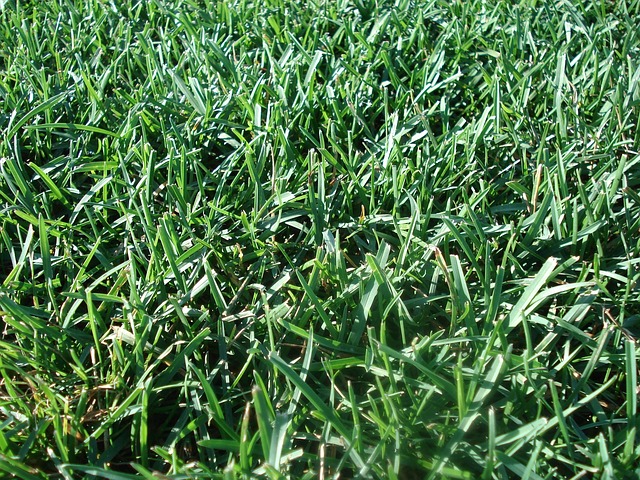Organic yard waste, including grass clippings and tree trimmings, contributes to climate change and environmental pollution when improperly managed by landfills. Solutions like community-wide Yard Waste Removal and Recycling programs divert waste from landfills, reducing greenhouse gas emissions and conserving resources. On-site composting by homeowners further minimizes the environmental impact. Effective disposal strategies, including composting and dedicated recycling programs, transform organic materials into valuable resources, promote a circular economy, and encourage sustainable living habits.
Organic waste reduction strategies are crucial for mitigating environmental impact, especially in the context of yard waste. This article explores the significant role of proper disposal and recycling in creating a greener future. We delve into three key areas: The Impact of Organic Waste focuses on environmental consequences; Strategies for Reducing Organic Yard Waste at Home covers composting, mulching, and the 3Rs; and Community and Regional Initiatives highlights successful local programs, collaborations, and educational campaigns driving behavioral change. Learn how these approaches contribute to effective yard waste removal and recycling.
- The Impact of Organic Waste: Yard Waste Removal and Recycling
- – Discussing the environmental impact of organic waste
- – Importance of proper disposal and recycling
The Impact of Organic Waste: Yard Waste Removal and Recycling

Organic waste, particularly yard waste like grass clippings and tree trimmings, significantly contributes to environmental issues if not properly managed. When sent to landfills, these organic materials decompose anaerobically, releasing methane—a potent greenhouse gas that exacerbates climate change. Moreover, landfilling takes up valuable space and can contaminate soil and water sources over time.
Implementing effective yard waste removal and recycling strategies is crucial for sustainable waste management. Many communities now offer curbside collection programs where residents can set out organic materials for composting or recycling. These programs divert significant amounts of waste from landfills, reducing greenhouse gas emissions and conserving natural resources. Additionally, encouraging homeowners to compost their organic waste on-site further reduces the environmental footprint associated with yard waste disposal.
– Discussing the environmental impact of organic waste

Organic waste, often a byproduct of our daily lives, poses significant environmental challenges if not properly managed. When organic materials like food scraps, yard trimmings, and garden waste are sent to landfills, they contribute to greenhouse gas emissions, particularly methane, which is more potent than carbon dioxide. This process not only exacerbates climate change but also depletes valuable land resources, as organic waste takes up significant space in landfills.
Fortunately, implementing strategies for organic waste reduction and recycling can make a substantial difference. Yard waste removal services play a crucial role by collecting and composting these organic materials, transforming them into nutrient-rich soil amendments that can enhance local ecosystems. By adopting practices like composting at home or participating in community compost programs, individuals can contribute to a circular economy, reducing waste sent to landfills and fostering more sustainable living habits.
– Importance of proper disposal and recycling

Proper disposal and recycling of organic waste play a pivotal role in environmental conservation and sustainability. Many households and businesses generate significant amounts of organic material, including food scraps, garden trimmings, and paper products. Instead of sending this waste to landfills, where it contributes to greenhouse gas emissions and pollution, implementing effective yard waste removal and recycling strategies is essential.
By adopting proper disposal methods, individuals can reduce their carbon footprint and promote a healthier ecosystem. Recycling organic waste through composting or dedicated recycling programs turns these byproducts into valuable resources for gardening, agriculture, and even energy generation. This not only minimizes the environmental impact but also fosters a circular economy where resources are reused and repurposed, leading to a more sustainable future.
By implementing effective yard waste removal and recycling strategies, we can significantly reduce the environmental impact of organic waste. These practices not only help in preserving natural resources but also contribute to a cleaner, more sustainable future. As we continue to explore innovative solutions, it’s clear that proper disposal and recycling are crucial steps towards a greener lifestyle, ensuring a healthier planet for generations to come.














